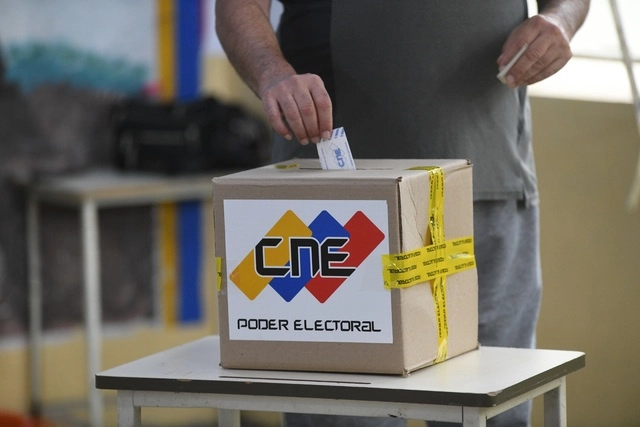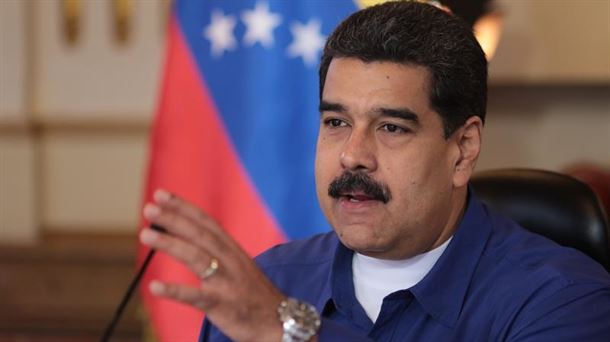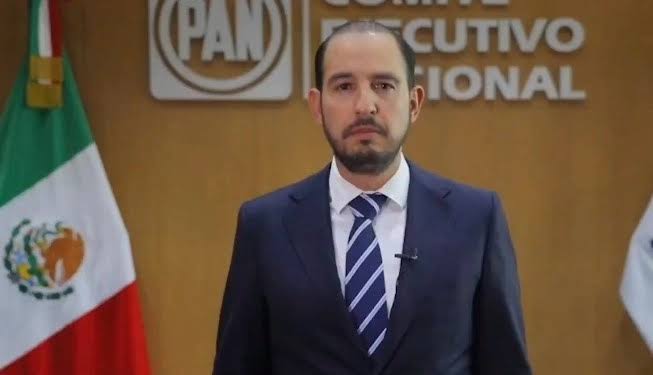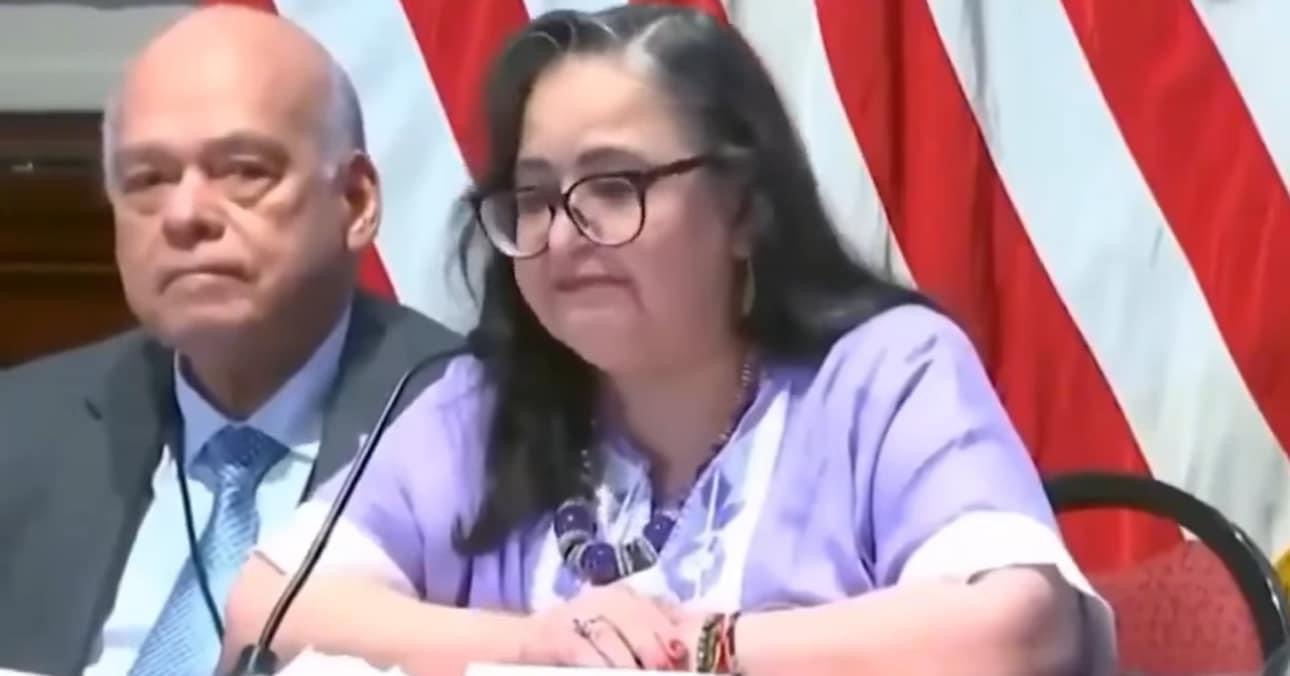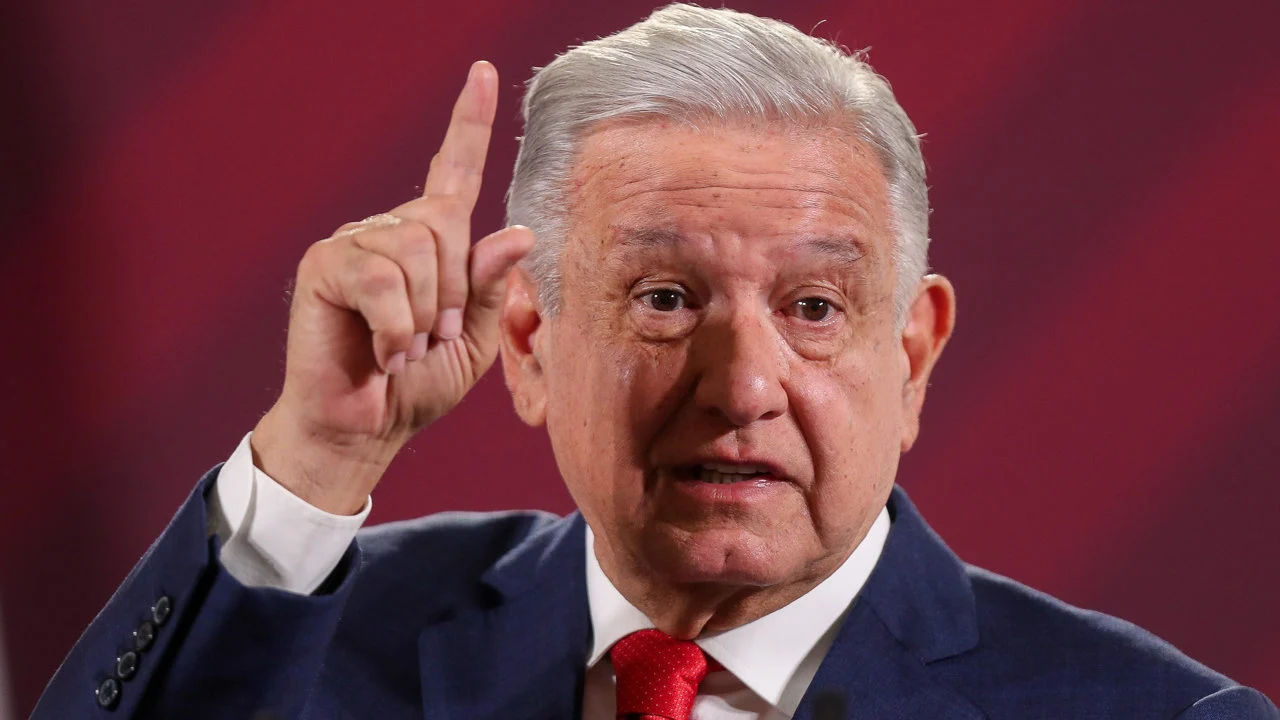
Mexico City.- Four months before the elections, President Andrés Manuel López Obrador presented a series of constitutional reform initiatives that he considers crucial to fortify the fourth transformation, in the electoral, judicial, and political spheres.
Among the proposals he will send to Congress are several aimed at elevating existing social programs to constitutional status, reforming the pension system, and guaranteeing adequate annual increases in the minimum wage.
However, there are also proposals that the president himself has acknowledged are unlikely to succeed because they have been rejected by the entire opposition.
Nevertheless, as he has mentioned in various morning conferences, he wants to present them anyway to show his support for them.
The President again proposed that the National Guard be under the control of the Ministry of Defense (SEDENA) and not under civilian authority as established when it was created.
In its first attempt, the Supreme Court of Justice of the Nation (SCJN) already ruled against it, considering it unconstitutional.
He also aspires to eliminate autonomous regulatory bodies, such as the National Institute for Transparency, Access to Information, and Personal Data Protection (INAI), because he believes they do not serve the people.
Initially, the president aimed to eliminate “all” the bodies, but then backtracked and only mentioned the Federal Telecommunications Institute (IFT), the Federal Economic Competition Commission (COFECE), and the Energy Regulatory Commission (CRE).
Another proposal that has been finalized is a reform of the Judicial Branch so that, among other things, Supreme Court justices are elected by popular vote.
This initiative has already been rejected twice by the Legislative Branch, so the one presented today is referred to as “Plan C.”
The proposal to change the pension law so that workers can receive 100 percent of their last salary upon retirement, instead of half as currently happens.
This idea has been initially viewed favorably by the three main opposition groups running in coalition in the elections: the Institutional Revolutionary Party, the National Action Party, and the Party of the Democratic Revolution.
This initiative includes two other changes to the pension issue: reducing the age necessary to access the program, which is currently 68 years old, so that people aged 65 can be included.
In the same vein, it is proposed that people with disabilities be beneficiaries of a pension regardless of their age, and that this be enshrined in the Constitution.
The head of the Executive Branch has not hidden his criticisms of the National Electoral Institute (INE), either for the cost of its operations or for the stance of its counselors.
In this regard, he proposes to eliminate plurinominal candidacies (those not elected by popular vote) in Congress, in order to have fewer legislators.
The initiative contemplates reducing expenses allocated to campaigns and parties; it also foresees a reduction in councilors in municipal governments; and avoiding the use of excessive electoral bureaucratic structures.
It is proposed that the Congress of the Union be composed of 300 deputies and the Senate of 64. Counselors and electoral agency magistrates could be elected by the free vote of citizens.


